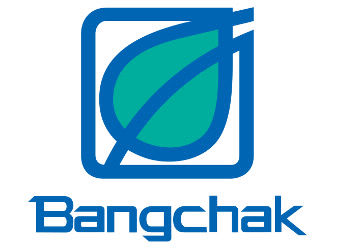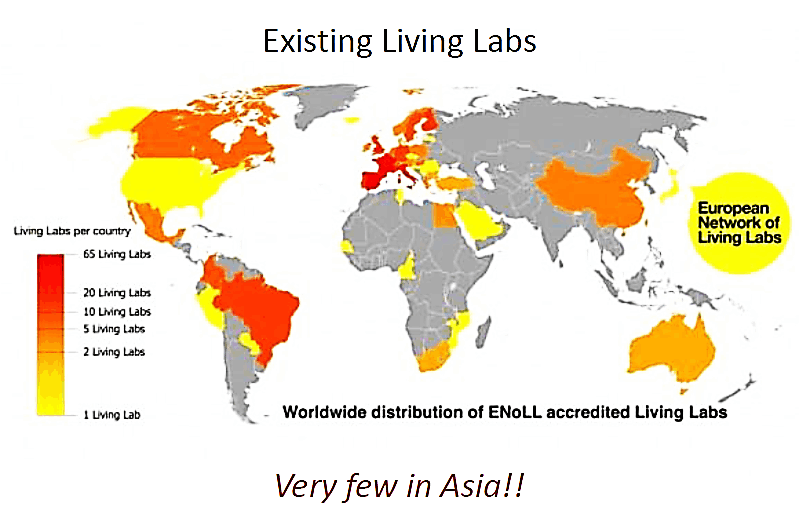
Asian Institute of Technology (AIT) is an international institute of higher learning. It is Asia’s pioneer institution established in 1959 to help the region’s growing needs for advanced learning in engineering, science, technology and management, research and capacity building. AIT’s mission is to develop highly qualified and committed professionals who will play a leading role in the sustainable development of the region and its integration into the global economy. AIT is based in Thailand and has affiliated centers in other parts of the world.
Bangchak Corporation Public Company Limited (BCP) is a Thai energy company engaging in business alongside social and environmental stewardship. Its core business - petroleum refining - spans procurement of crude oil from domestic and overseas sources and refining it into various standard products. With a current production capacity of 120,000 barrels per day, BCP distributes its refined products to over 1,000 retail stations around the country. It has also spread its wings to other businesses, including power production from solar energy (solar farm) a clean source of energy from nature, biomass energy, petroleum exploration and production and innovation-oriented businesses. BCP’s mission is to enhance national energy security, while investing in new businesses to keep the organization moving forward and ensure sustainability.


OBJECTIVES
The purpose of this agreement is to establish Bangchak Initiative and Innovation Center at AIT (BIIC@AIT) to inculcate entrepreneurship and creation of enterprises on knowledge based innovation, specially focused on green sustainable technology.

It is modelled along a systematic user co-creation approach encourages exploration, experimentation and evaluation of innovative ideas, scenarios, concepts and related technological artefacts. This approach allows all involved stakeholders to concurrently consider both the global performance of a product or service and its potential adoption by users. The commercial viability and success of the product/service is continually monitored right through the conception, designing stage to development stage and finally to its commercialization. The convergence of globalization, changing demographics, and urbanization is transforming every aspect of our lives. We face new choices about where and how we work, live, travel, communicate, and maintain health. Ultimately, our societies are being transformed. Hence, collaboration and forming a consortium with other premium institutes is imminent. Currently existing Living Labs like the one in MIT, bring together interdisciplinary experts to develop, deploy, and test – in actual living environments – new technologies and strategies for design that respond to the changing world. Our work spans in scale from the personal to the urban and addresses challenges related to health, energy and creativity. The robust adaptation and growth of electric vehicles led by the spurt in research, development and implementation of electric vehicles charging stations offers for a future where electrical grid, mainly at residential levels will be widely used. Also, combined heat and power systems can ensure utilization of maximum amount of energy, thereby reducing wastage of energy. AIT, as a leading organization, is completely aware and understanding the importance of the Key Experts team and the right selection of the candidates.
SHARE THIS PAGE!